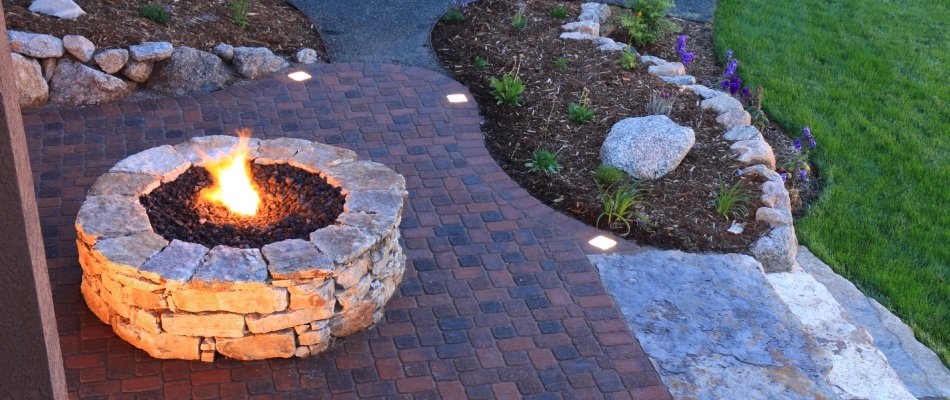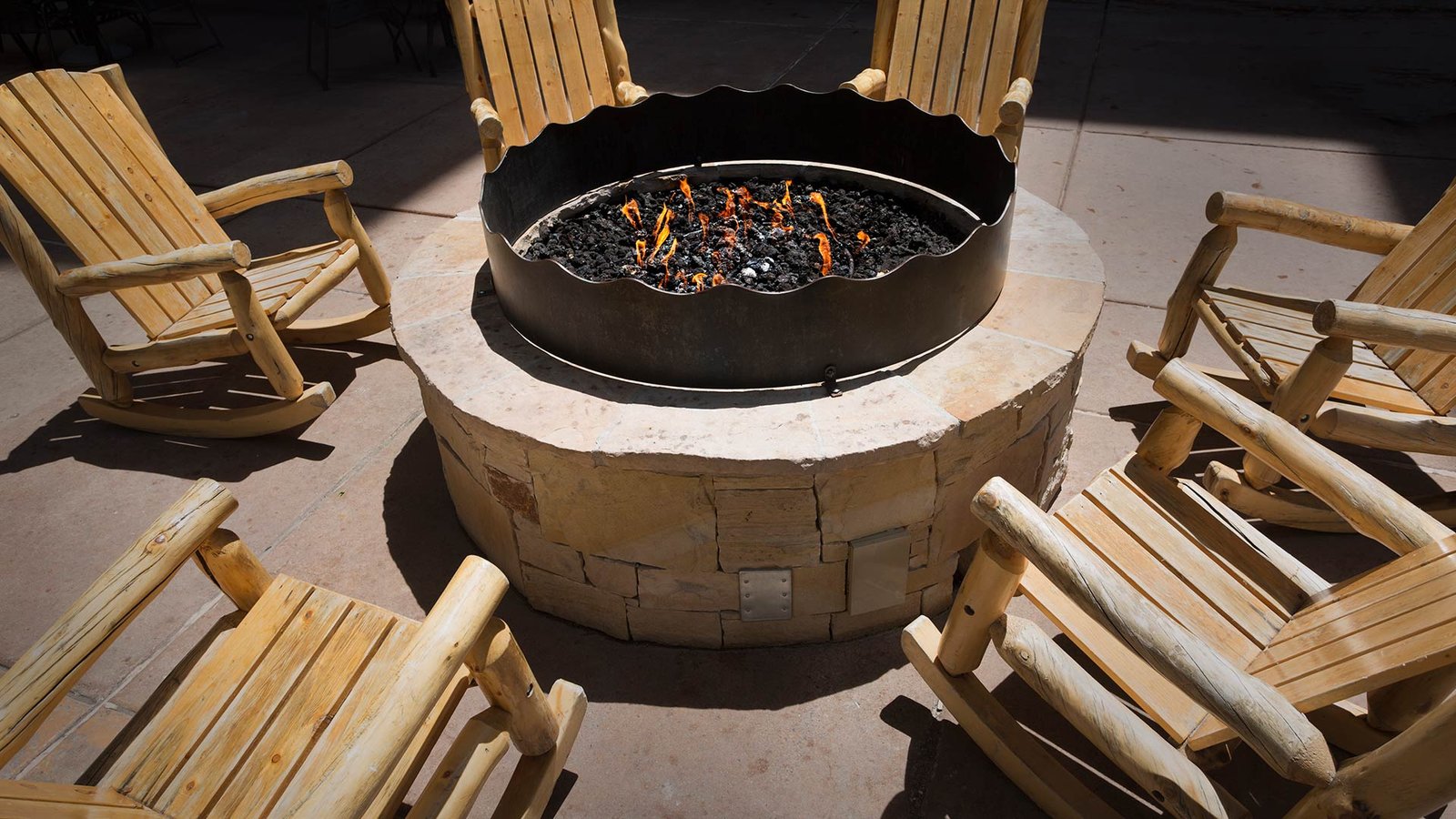It's fall in Elkhart, IN which means it's time to enjoy the beautiful weather. One of the best ways to enjoy this weather is by gathering with friends and family around a nice warm fire pit. If you're considering having a fire pit installed on your property, you'll want to take some time to determine which material you would like your fire pit to be constructed out of.
Three things to consider when choosing the material for your fire pit are ease of maintenance, weight and portability, and the material's ability to handle exposure to heat and different types of weather. Continue reading to learn more.
1. Is the fire pit material easy to maintain?
While fire pits require little maintenance, you'll still need to clean them occasionally. How you clean the fire pit depends on the type of material it's constructed with. Here are some common materials used to construct fire pits and what it takes to keep them clean:
- Steel - Fire pits made from steel only need to be hosed down occasionally and then wiped down with a cloth to remove the soot.
- Copper - Soap, water, and a soft cloth can clean most copper fire pits.
- Brick or stone - Cleaning brick or stone fire pits require a scrubbing brush and protective gloves as they need to be scrubbed with a solution that’s comprised of water and muriatic acid.
- Concrete pavers - Concrete is easy to clean with soap and water.
- Cast iron - While easy to clean, cast iron pits are susceptible to rust. However, you can avoid rust by using steel wool to clean and remove any soot before drying it with a soft cloth.
2. Should the fire pits be portable and how heavy is the material?
Decide whether you want a moveable fire feature or not. If you're set on its placement, you can opt for heavier material. If you might want to change its location in the future, opt for a lighter material. Permanent fire pits are often constructed of heavier materials such as stone, brick, or concrete. In contrast, portable fire pits tend to be constructed out of lighter materials such as steel, cast iron, and copper.
3. Can the material handle exposure to heat and varying weather conditions?
While all fire pit materials are fireproof, they don’t all respond to varying weather and heat conditions in the same way. Copper fire pits are durable but can develop patina or green film if exposed to moisture over prolonged periods. Concrete paver fire pits can resist weather and heat. Some stone fire pits crack under extreme heat but tolerate the elements. Steel can withstand extreme heat and weather conditions but is susceptible to rust. Cast iron fire pits can tolerate extreme weather conditions but are highly prone to rust and can develop holes if not maintained.
You can avoid weather damage by simply covering your fire pit when not in use. So, covers are an invaluable fire pit accessory.
We offer top-of-the-line fire pit options. Give us a call today!

If you're considering adding a fire pit to your property, don't forget to factor in how each of the materials we highlighted can impact the upkeep of your fire pit. Whichever material you pick, it boils down to choosing the one that best suits your specific needs and preferences. If you're still uncertain, our team has the training and expertise to guide you every step of the way.
We service properties in Elkhart, Granger, South Bend, and nearby areas in Indiana. Our technicians can custom build your gas or wood-burning fire pit with concrete pavers, and can even add built-in seating. Contact us today at (574) 326-3526 to schedule a consultation.

